”I’m just a girl,
standing in front of a boy, asking him to love her“
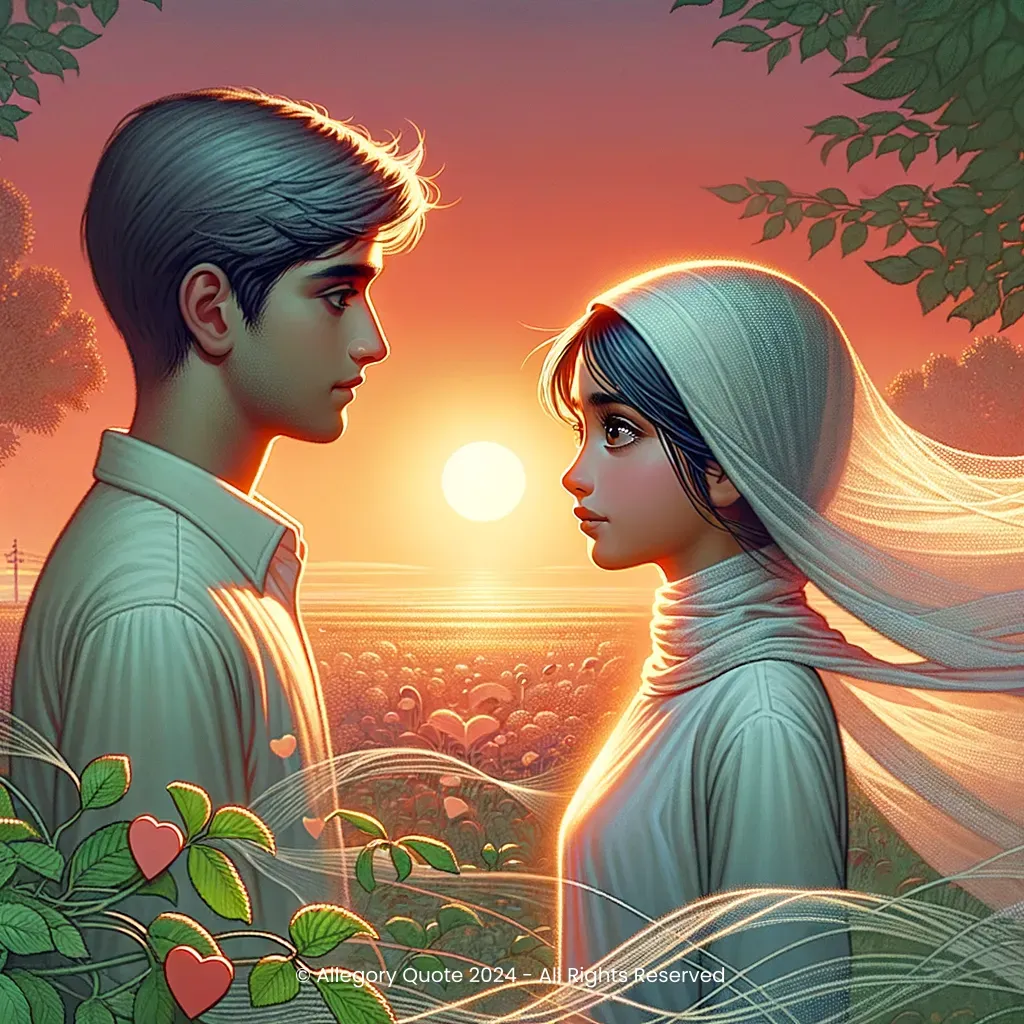
0
0
0
0
- Meaning
- The phrase speaks to the universal experience of love and longing. It highlights the vulnerability that comes with expressing feelings towards someone and the hope for reciprocation. In this context, it can be analyzed through philosophical lenses such as existentialism, which deals with the essence of human relationships and emotions. Psychologically, it reflects the innate human desire for connection and acceptance, illustrating how love can be both a source of strength and a vulnerability.
- Allegory
- The elements in the image—like the girl gazing at the boy—convey the essence of vulnerability in love, while the sunset symbolizes hope and new beginnings. The fluttering leaves represent the emotional turbulence often found in love, and the gentle colors evoke warmth and tenderness, illustrating the deeper emotional currents that flow beneath simple expressions of affection.
- Applicability
- This phrase can be applied to personal life by encouraging individuals to embrace vulnerability and express their feelings openly in relationships, reminding us that love often requires bravery and honesty.
- Impact
- The phrase has had a lasting impact on popular culture, often quoted in discussions about love, romance, and vulnerability. It evokes a sense of nostalgia for the romantic ideals and simple expressions of affection in relationships, inspiring countless memes and romantic sentiments across social media.
- Historical Context
- The phrase was coined in the late 20th century as part of a romantic comedy that reflects themes of love and self-acceptance. The late 1990s was a period that saw many romantic films focusing on genuine connections in a fast-paced world, which gives context to the simplicity yet profound nature of this quote.
- Criticisms
- Some criticisms of this phrase suggest it portrays an overly simplistic and somewhat unrealistic portrayal of love and relationships, leading to unfulfilled expectations. Critics may argue that love cannot always be so straightforward and that romantic gestures can sometimes lead to disappointment.
- Variations
- Various cultures express similar sentiments about love and vulnerability, often reflecting their unique social norms and values. For instance, Japanese culture has concepts like 'Kintsugi,' which celebrates the beauty in brokenness and can resonate with the idea of love in vulnerability. Different expressions can emphasize the belief that expressing feelings can lead to deeper connections, though cultural interpretations may vary in their expression styles.
-
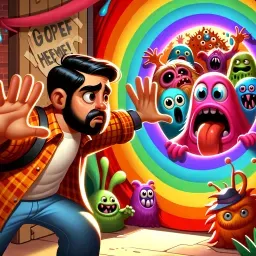
Put that thing back where it came from or so help me!
-

You gotta put your behind in your past.
-
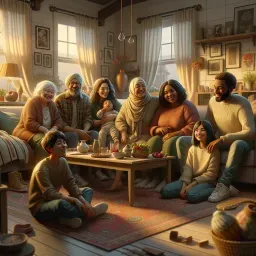
This is my family. I found it, all on my own. It’s little and broken, but still good. Yeah, still good.
-
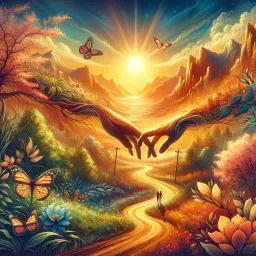
You are my greatest adventure.
-
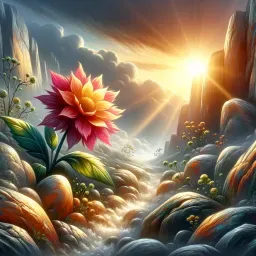
The flower that blooms in adversity is the most rare and beautiful of all.
-
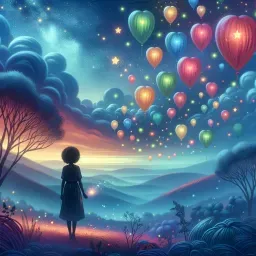
A dream is a wish your heart makes.
-

It’s all part of the experience.
-
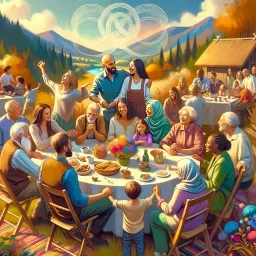
Ohana means family.
-
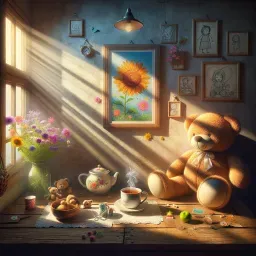
Sometimes, the smallest things take up the most room in your heart.
-
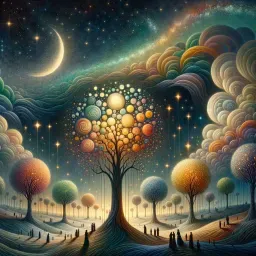
Even miracles take a little time.
-

Fear is the path to the dark side.
No Comments